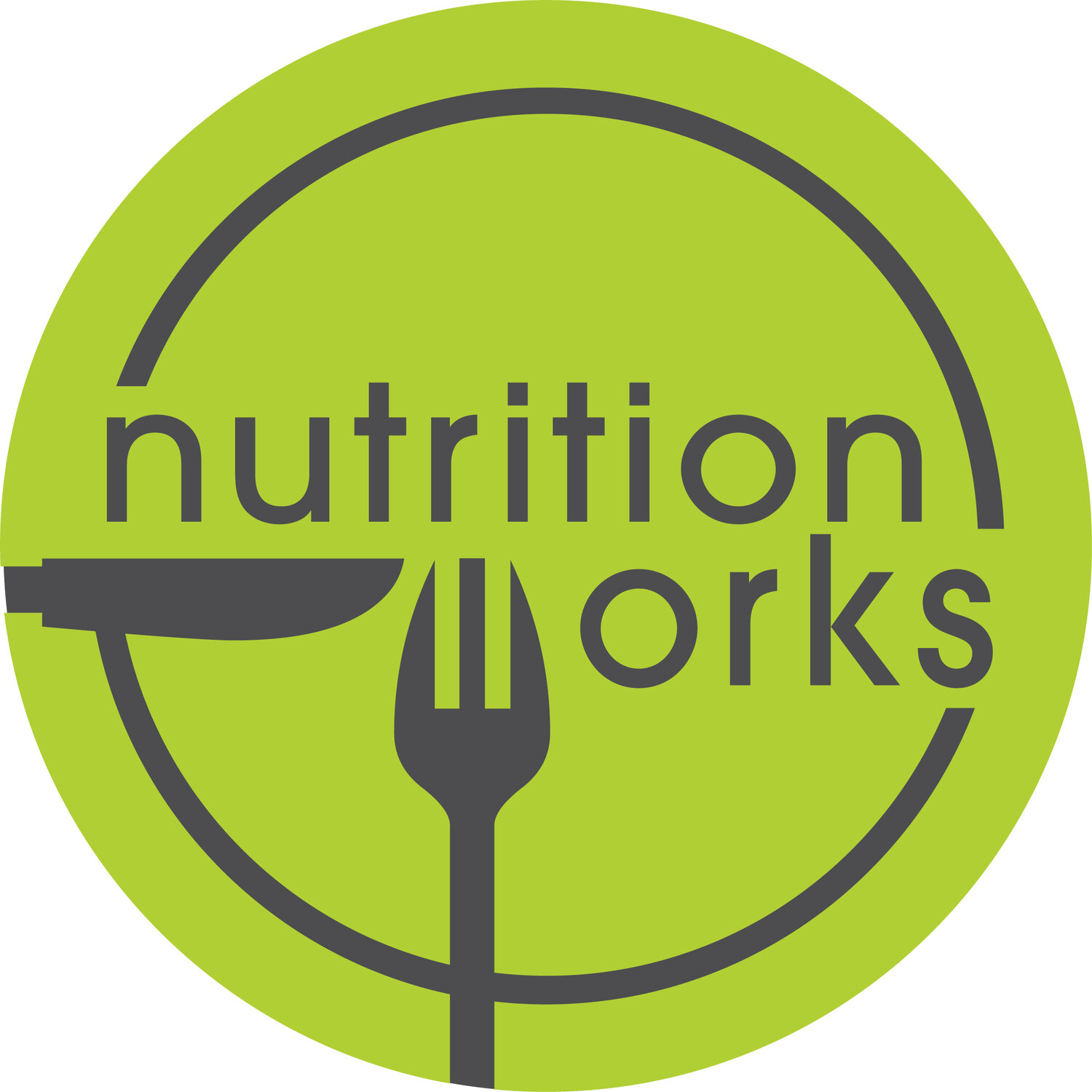What is IBS?
IBS - Irritable Bowel Syndrome.
That’s what the doctors call it when you have tummy trouble but they don’t know what it is right??? Actually, I can understand why people feel like that but it isn’t (necessarily) true. IBS is a condition with its own set of diagnostic criteria, referred to as the Rome IV criteria.
The criteria are: Recurring abdominal pain at least 1 day a week in the last 3 months, with two of the following -
1. Pain related to defecation.
2. A change in a frequency of bowel movements.
3. A change in form (consistency) of bowel movements.
For diagnosis the symptoms must have started at least 6 months ago.
While it is not a sinister disease, the symptoms can be very distressing for people and seriously affect quality of life. There are many factors which can contribute to IBS developing.
Some are: High stress levels, gastrointestinal infection (a tummy bug), alterations in gut microbiome (the balance of bacteria which naturally live in our bowel), low grade inflammation, long-term dietary choices, sensitive nerve endings in the bowel
After seeing hundreds of people with this condition I can confidently say that lifestyle factors can be key in managing IBS. It isn’t necessarily a condition that can be ‘cured’ but most people can greatly improve their symptoms with targeted diet and lifestyle changes.
A special 3-step diet treatment called ‘The low FODMAP diet’ has been shown to be the most effective dietary therapy to manage IBS. The 3 steps include elimination, reintroduction and personalisation phases. It is best guided by a dietitian as research shows that this dietary treatment has a higher success rate when people work through the phases with a dietitian rather than on their own. There is a risk that following a restricted low FODMAP diet long-term can lead to the loss of some healthy bacteria in your bowel, so this is not advised.
I am very happy to work with you to determine whether you have IBS and investigate what changes can help to safely manage this condition for you. I am on the list of Monash University FODMAP trained dietitians.
https://www.monashfodmap.com/online-training/fodmap-dietitians-directory/
For more information about IBS and the low FODMAP diet, this website is very useful
